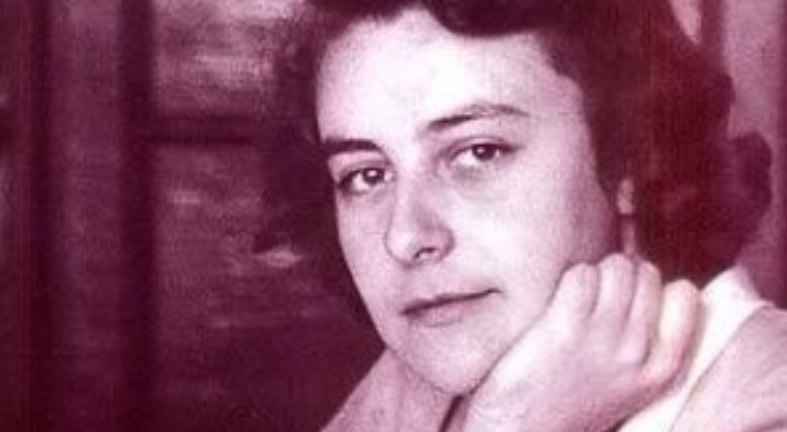Christiane Dosne de Pasqualini was born on February 9, 1920, in Saint-Denis, France, and passed away on December 23, 2022, in Buenos Aires, Argentina. She was a French-Argentine scientific researcher who specialized in experimental medicine.
Dosne de Pasqualini became an Argentine citizen and participated in various academic and scientific institutions in Argentina, including the National Scientific and Technical Research Council (CONICET). Her main field of research was leukemia.
Dosne de Pasqualini and her path into science
A few years after her birth, Dosne de Pasqualini and her family emigrated to Canada, where she completed high school and later received a scholarship to study at McGill University in Montreal.
There, she earned a Bachelor of Science Honours in Biochemistry in 1939.
She began working as a lecturer at McGill, which allowed her to support herself financially while enrolling in the medical program. She was one of only four women accepted into the medical school. Although she eventually left the program, she went on to begin her PhD at the same university.
During this period, she worked in the laboratory of Hans Selye, an Austro-Hungarian physician known for his studies on stress hormones, which Dosne de Pasqualini chose as the focus of her doctoral research.
In 1942, she deepened her work in experimental medicine, a field focused on developing treatments and medications based on the study of diseases. Throughout her academic training, Dosne de Pasqualini published numerous scientific articles, including in the American Journal of Physiology, a journal dedicated to research in physiology—understanding how organs, cells, and systems function.
Dosne de Pasqualini’s role in Argentina
At the end of her PhD, Dosne de Pasqualini was awarded a fellowship from the Canadian Federation of University Women. This global organization supports women’s education and fosters international cooperation among women. The fellowship allowed her to join the team of renowned Argentine physician Bernardo Houssay in Buenos Aires.
Joining Houssay’s team gave her access to the Institute of Physiology at the Faculty of Medicine, University of Buenos Aires. She also became the first woman to join the National Academy of Medicine of Buenos Aires, the oldest medical academy in the Americas, which hosts research institutes and scientific discussions.
After settling in Argentina, she became a citizen and joined various academic and scientific institutions. She also traveled to countries such as Chile and the United States to continue her education, especially in experimental medicine and leukemia.
Dosne de Pasqualini also worked with CONICET, Argentina’s leading agency for scientific and technological research.
An award-winning career
Dosne de Pasqualini authored over 100 scientific papers published in both national and international journals. Her main research focus was the transformation of normal cells into cancerous ones. She received numerous awards and honors throughout her career.
In Argentina, she was a multiple-time recipient of the Argentine League Against Cancer Prize. Internationally, she was honored with the UNIFEM-NOEL Prize (United Nations Development Fund for Women) for her professional career.
She is remembered for her role in multiple institutions and for her contributions to experimental science. In Argentina, she trained many researchers and worked alongside other notable Argentine scientists who are still recognized today for their scientific contributions.
Dosne de Pasqualini dedicated her professional life to experimental medicine and the study of leukemia. She passed away on December 23, 2022, in Buenos Aires, and remains recognized for her scientific publications and legacy.
Experimental medicine is a field focused on research in human subjects, with objectives such as identifying new diseases or validating therapeutic discoveries and treatments.
Thanks to her time in Argentina, she gained the opportunity to travel internationally to continue her academic development and scientific publications. Her career allowed her to connect with prestigious institutions and scientists, and to share her work through numerous journals.
Christiane Dosne de Pasqualini devoted her life to science—through academic training, prolific scientific writing, and mentoring future generations of researchers interested in entering the world of science.




